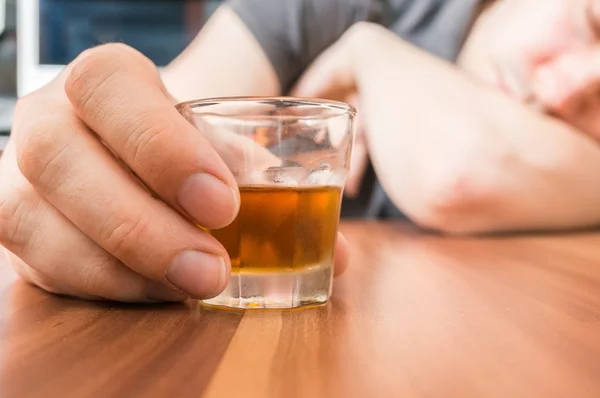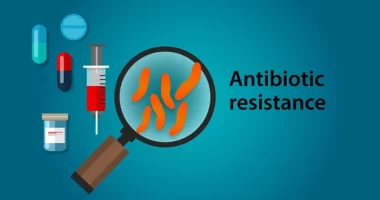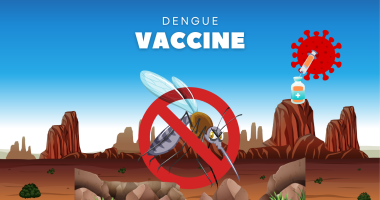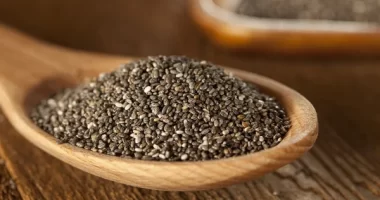Yes, alcohol might make you see faces more symmetrically, but with caveats.
The alluring yet perplexing phenomenon of “beer goggles” has long fueled speculation about the link between alcohol and attractiveness.
a recent study published in the Journal of Psychopharmacology, aiming to illuminate the intricate dance between intoxication, facial symmetry, and our perception of beauty.
Delving beyond the hazy veneer of a single barroom experiment, the researchers ventured into the real world, recruiting 99 bar patrons as their diverse test subjects. They employed a clever two-pronged approach to assess the impact of alcohol on facial processing. First, participants faced the challenge of judging individual faces, both natural and artificially skewed to accentuate asymmetry. This solo encounter with beauty provided a direct window into their preferences. Next, they were presented with face pairs, pitting natural against artificially-tweaked versions, demanding a more nuanced discernment of symmetry.
Throughout the experiment, the researchers meticulously controlled for potentially confounding factors. Age, gender, and even the faces’ own gender entered the equation. The crucial variable, however, was the breathalyzer’s verdict – the participants’ individual BAC levels.
As the results unfolded, a fascinating picture emerged. As predicted, natural faces reigned supreme in the realm of attractiveness. The researchers noted a clear consensus: both men and women found symmetrical features more pleasing than their manipulated counterparts. Interestingly, older participants seemed to hold a stricter standard for beauty, favoring natural faces even more convincingly.
- The study found that higher alcohol levels were associated with higher symmetry ratings for artificially-asymmetrized faces. This suggests alcohol might distort symmetry perception, making even manipulated faces appear more balanced.
- Moreover, this effect didn’t translate to natural faces. Participants consistently judged natural faces as less symmetrical than their symmetrical counterparts, even when intoxicated.
However, when it came to the alcohol’s influence, the story took a surprising turn. Unlike earlier studies, this experiment found no evidence of “beer goggles” magic. Intoxication may have blurred their vision slightly, as evidenced by a diminished ability to distinguish perfectly symmetrical faces from natural ones, but it didn’t fundamentally alter their overall perception of beauty. The allure of a symmetrical face remained undimmed, even through the intoxicating haze.
The researchers did observe a curious twist: higher BACs correlated with increased ratings of symmetry for artificially-asymmetrized faces. This suggests that alcohol might, in some way, distort the perception of asymmetry, making even manipulated faces appear more balanced than they truly are. However, this effect didn’t translate to their assessment of natural faces, which remained consistently judged as less symmetrical than their symmetrical counterparts.
One particularly intriguing finding, requiring further exploration, was the difference in response observed between genders. The study hinted at a potentially faster reaction to alcohol in women, influencing their facial processing differently than men. This opens up fascinating avenues for future research, delving deeper into the intricate interplay between alcohol, gender, and our perception of beauty.
In conclusion, this study significantly enhances our understanding of the intricate relationship between alcohol, facial symmetry, and the ever-elusive “beer goggles.” While it debunks the notion that alcohol directly amplifies attractiveness, it sheds light on its subtle influence on our ability to detect asymmetry. As we continue to delve into the complexities of human interaction, understanding the delicate dance between perception and intoxication remains a captivating pursuit. Study source
DON’T MISS:
- Anti-SIRPα + Rituximab Therapy for B-Cell Lymphoma – Study
- Research Found Chia Seeds Powerful to Prevent High Blood Pressure & Cancer
- G-CSF May Treat Lung and Eye Diseases in Premature Babies – Study








